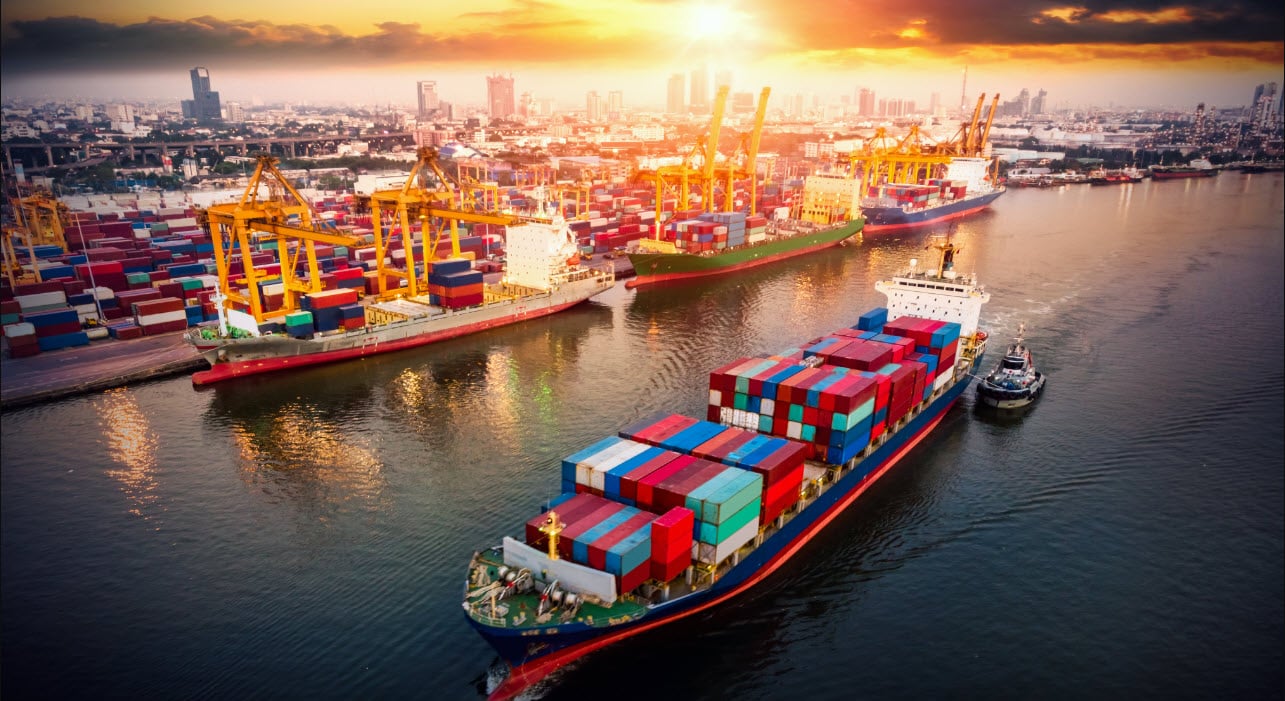A declarant may ask for a change to certain of the data elements in a customs declaration in accordance with Article 173 Union Customs Code (“UCC“), which is applicable to customs declarations that have already been accepted by customs. The Dutch Customs Authorities (“DCA“), however, apply a very strict application of Article 173 UCC, stating that amendments are only allowed if the amendments are required by customs legislation. This position taken by the DCA deviates from the practice of the tax authorities of other EU Member States, given the fact that Article 173 UCC does not stipulate that the amendments must be required by law.
The tide seems to have turned with the recent Guidance Document issued by the European Commission. Starting at page 50 of the Guidance Document, the European Commission clarifies how amendments to customs declarations based on Article 173 UCC should be made and in which circumstances such amendments may be made. It becomes clear from the Guidance Document that “any data element in the customs declaration may be amended if it can be proven that the amended data element corresponds to real facts at the moment when the customs declaration was accepted”. The Guidance Document does not provide for a condition that the amendments to a customs declaration must stem from a legal obligation to make such amendments.
The question now remains whether the DCA will change their view on the application of Article 173 UCC. It appears from internal communication of the DCA that they have been aware of the broader interpretation of Article 173 UCC since April 2022. This has thus far not resulted in the DCA applying a broader interpretation of Article 173 UCC.
We will continue monitoring whether the DCA will implement the broader interpretation of Article 173 UCC.



